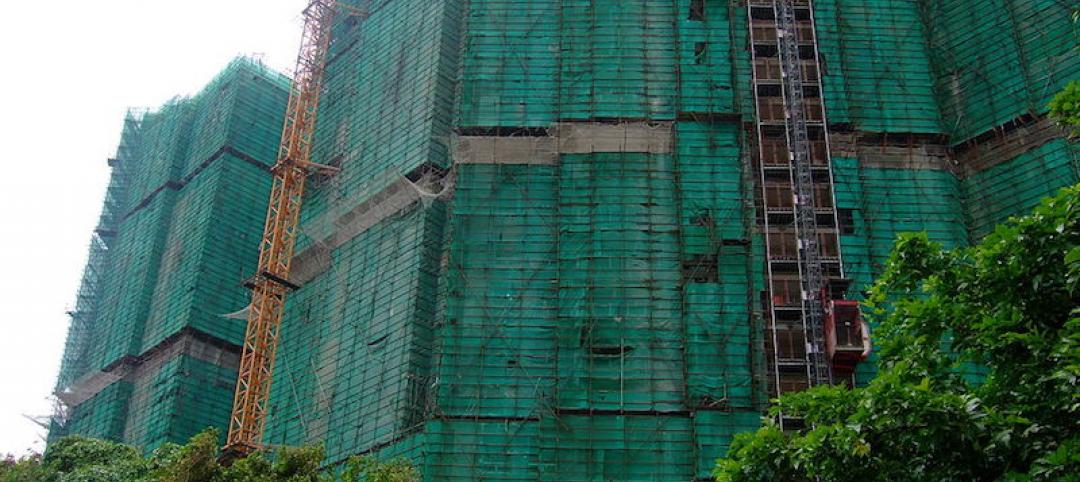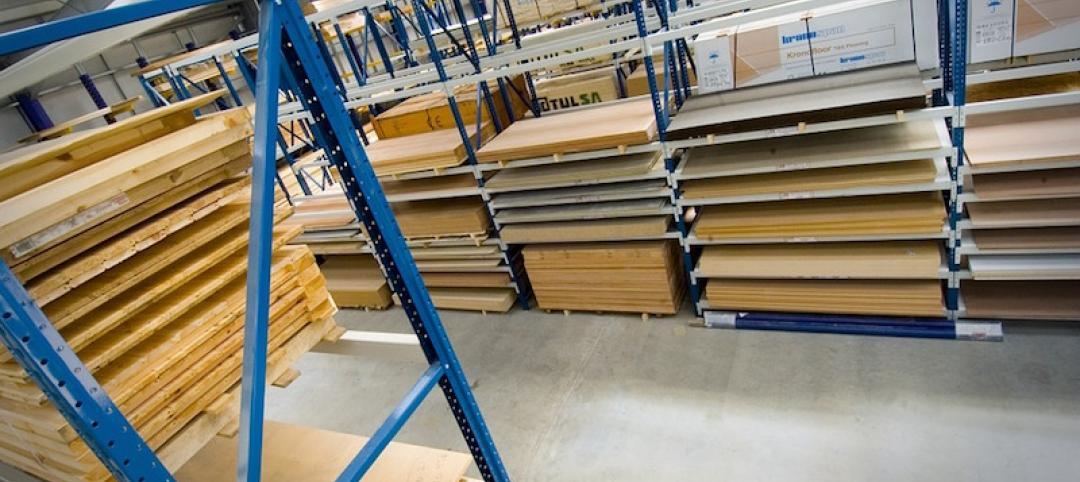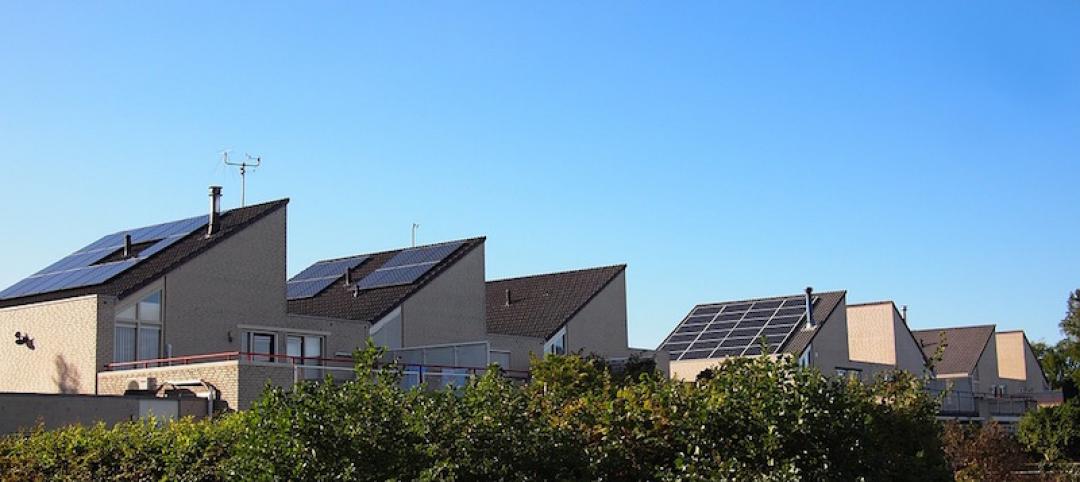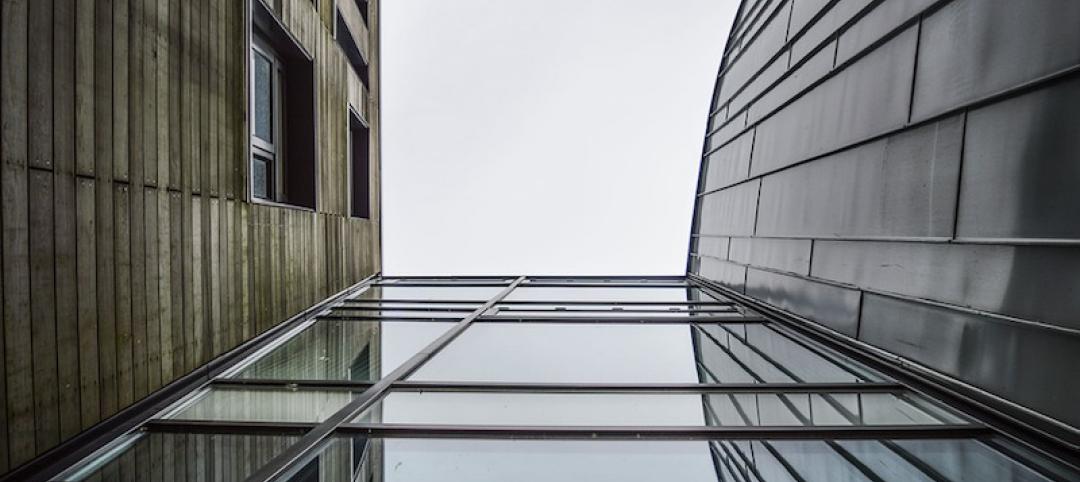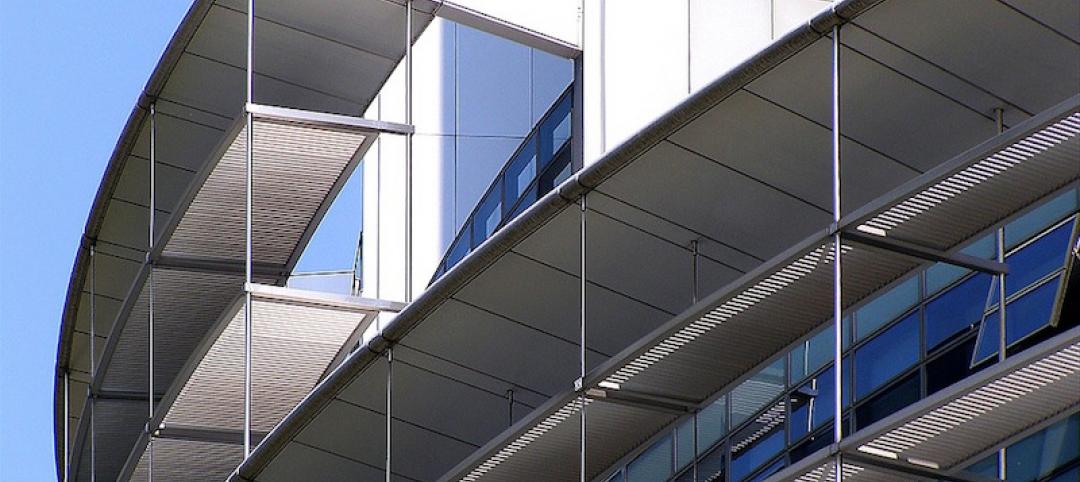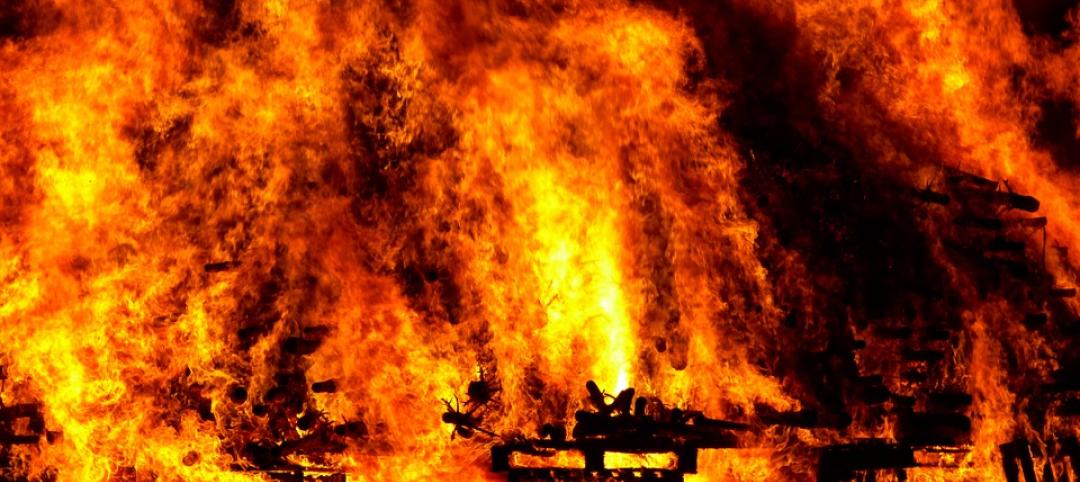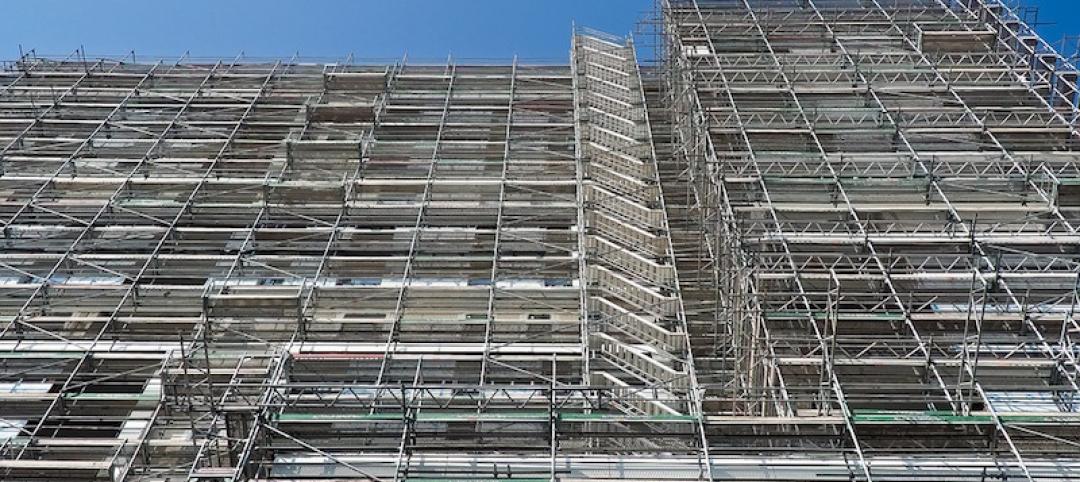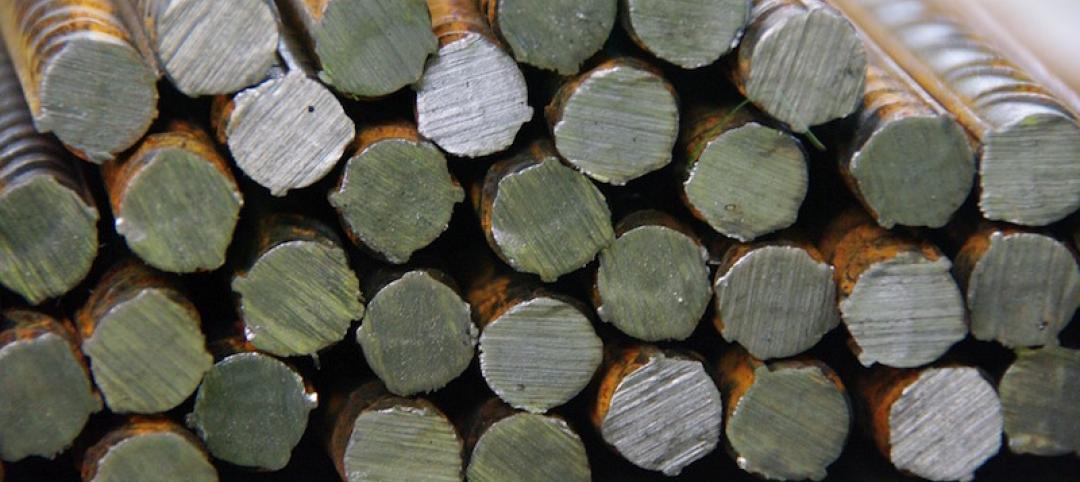Researchers at Worcester Polytechnic Institute have developed a new CO2-absorbing material that’s a low-cost alternative to concrete.
Cement production is one of the largest contributors to climate change. As published in the journal Matter, the research has led to the creation of a self-healing Enzymatic Construction Material that the research team describes as a “living material” that “provides a pathway to repair or even replace [traditional] concrete in the future.”
The material uses an enzyme, carbonic anhydrase, found in all living cells. Carbonic anhydrase efficiently reacts with CO2, and “has the unique ability to rapidly remove the greenhouse gas from the atmosphere. This property has allowed us to formulate a carbon-negative material,” says Richard Whitcomb Professor of Chemistry and Biochemistry Suzanne Scarlata.
Researchers say the material has “outstanding” compression strength, rivaling traditional mortar, making it strong enough to use in the construction of bridges or buildings as compressive elements. The research team plans to take steps to bring the material out of the lab soon and work toward commercialization.
Related Stories
Codes and Standards | Jul 12, 2017
New International Building Code allows weather-resistive barriers above 40 feet
Danger of propagating flames now deemed negligible.
Codes and Standards | Jul 10, 2017
New mass plywood panel project moves ahead with federal grant
New material is substitute for concrete and steel in multi-story projects.
Codes and Standards | Jul 6, 2017
Trump ups ante on apprenticeships, gives private sector more room to design them
Initiative aimed at alleviating construction industry worker shortage.
Codes and Standards | Jul 6, 2017
Flawed modeling to blame for green buildings failure to live up to hype on energy efficiency
Explains energy performance gap from expected savings to actual savings.
Codes and Standards | Jul 5, 2017
Research study examines tall timber buildings worldwide
Industry group developing criteria for categorizing wide range of construction approaches to tall timber buildings.
Codes and Standards | Jun 30, 2017
AAMA releases new document on aluminum fenestration and energy efficiency
The free download addresses entrances, storefront framing, curtain walls, windows and skylight fenestration systems.
Codes and Standards | Jun 29, 2017
Fire codes prevent cladding used on Grenfell Tower from being used in U.S.
Reports suggest an extra $6,300 for fire-resistant cladding could have prevented the tragedy.
Codes and Standards | Jun 28, 2017
Minimum Design Loads and Associated Criteria for Buildings and Other Structures, Standards ASCE/SEI 7-16, has been updated
The document is used for determining design loads including dead, live, soil, flood, tsunami, snow, rain, atmospheric ice, earthquake, wind, and fire.
Codes and Standards | Jun 27, 2017
Cold-formed steel framing engineering guide for building projects released
Better sound attenuation for subfloors and exterior continuous insulation are among the matters addressed.
Codes and Standards | Jun 26, 2017
L.A.’s new ordinance requires energy and water efficiency benchmarking
Structures 20,000 sf and larger must demonstrate steps to boost efficiency.



